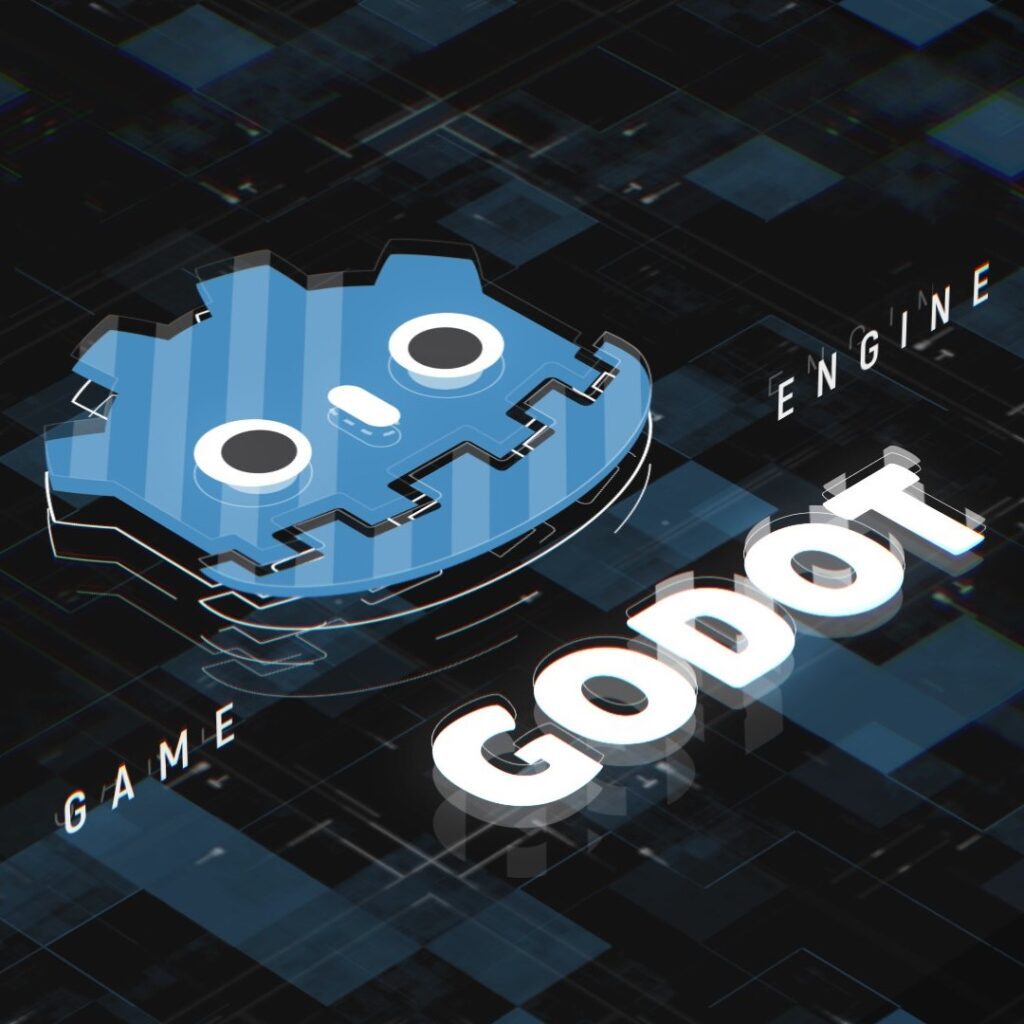So, you want to build a game, right? And you want players on PC, PlayStation, Xbox, maybe even mobile to enjoy it? That’s a big goal! To make it happen efficiently, you need the right tools.
For many developers who prioritize high performance, speed, and having fine-tuned control over how their game runs, the C++ programming language is often the best choice. Yes, it might have a steeper learning curve compared to other languages, but the unparalleled control you get over your game’s performance might make all this ordeal worth it!
You’ll also need a cross-platform C++ game engine, the concept of which we’re going to break down just below and explore some great engine choices available for your projects, whatever they might be.
What a cross-platform C++ game engine means

Let’s break down that mouthful of a term: cross-platform C++ game engine. Each part tells us something important about what this software does.
First, the game engine. Think of a game engine as the main toolkit or framework developers use to build games. It provides all the basic heavy lifting needed: showing graphics on the screen (rendering), making things move realistically (physics), handling sounds, dealing with player input from controllers or keyboards, and organizing the different parts of the game.
It’s the foundation that saves developers from having to build these complex systems from scratch every time they start a new game project.
Next, C++. This is a specific programming language. It’s known for being very fast and efficient, giving programmers a lot of direct control over how a computer’s hardware is used.
In game development, especially for demanding games where every bit of speed matters, C++ is often chosen for its performance capabilities and extreme versatility.
Finally, cross-platform. This means the engine allows you to develop your game code once (or mostly one time) and then release the same game on many different types of hardware and operating systems.
Instead of rebuilding the game separately for Windows, then PlayStation, then Xbox, a cross-platform engine handles the technical differences behind the scenes, allowing your C++ code to work correctly on each system.
This ability to target multiple platforms from a single project saves a huge amount of time and effort, letting developers reach a much wider audience.
Putting it all together, a cross-platform C++ game engine is software, often built using C++ itself and designed to work best when you write your game’s logic in C++, that provides the tools to create high-performance games capable of running natively on many different devices. How neat!
Leading cross-platform C++ game engines
There are several great options ranging from huge engines used for the biggest blockbuster games to more lightweight or open-source alternatives. Here are five notable examples:
Unreal Engine

Unreal Engine is probably the most powerful and widely recognized cross-platform C++ game engine available today. It’s frequently used for creating stunning-looking games, from massive AAA titles to high-end independent projects.
While it offers a visual scripting system called Blueprints that many developers use, C++ is the core programming language for Unreal Engine development. Developers using C++ in Unreal have deep control over game logic and can modify or extend the engine itself for maximum performance and customization.
It’s built with cross-platform development in mind from the very start: it has excellent support for targeting a huge range of platforms, including PC, all the major consoles, mobile devices, and virtual and augmented reality hardware.
Its strengths include cutting-edge rendering capabilities, a varied set of tools for managing large projects, a popular marketplace for assets, and continuous updates pushing the tech forward. The standard licensing model is royalty-based, meaning developers pay a percentage of revenue once their game earns above a certain amount.
Godot Engine

Godot Engine is a popular, open-source cross-platform game engine known for being easy to learn and very flexible. Although it’s often associated with its own scripting language called GDScript, Godot is actually built on a strong C++ core and provides excellent support for C++ development.
It allows developers to write code using C++ through a system called GDExtensions. This lets you create high-speed code or even build your own engine-like modules in C++ that work smoothly with your project without needing to change the engine’s main code.
This open-source engine can export games to a wide variety of platforms, including PC (Windows, macOS, Linux), mobile (iOS, Android), Web browsers, and it’s even being used for console development.
Its strengths include its user-friendly dedicated editor, being completely free and open-source under the MIT license (no royalties!), and having a very active and helpful community.
CryEngine

CryEngine is another very capable cross-platform C++ game engine that has a reputation for creating games with incredibly realistic and beautiful graphics. It’s known for its use in pushing graphical limits, especially in first-person shooter games.
Similar to Unreal, CryEngine provides a programming environment that gives developers deep control over the game’s systems, allowing for fine-tuning performance to make the game run as smoothly as possible while looking amazing.
CryEngine is designed to support development and release on PC (specifically Windows), PlayStation consoles, and Xbox consoles.
This engine’s main strengths lie in its stunning visual fidelity, including advanced lighting, detailed environmental rendering, and realistic physics systems. Its licensing model typically involves royalties or custom deals for larger studios.
Axmol Engine

Axmol Engine is an open-source cross-platform C++ game engine that gained some popularity for its performance and efficiency, especially among developers making 2D games, although it can handle 3D elements too.
It started as a newer version (a “fork”) of the well-established Cocos2d-x engine, built entirely using modern C++, and uses it as the primary programming language for creating games. Developers get lots of performance and control, which is very important for games that need to run well on mobile phones with limited processing power.
Axmol has strong support for targeting the major mobile platforms but also works well for desktop operating systems. It’s also possible to export web games using WebAssembly.
Its strengths include being high-performing, having a smaller size (engine footprint) compared to larger 3D engines, being flexible for many different types of 2D games, and being completely free and open-source. It’s a solid option for developers who want a powerful C++ engine specifically for mobile-first or 2D games.
Supernova Engine

Supernova Engine is a newer, open-source cross-platform C++ game engine that is being developed with a focus on modern design, high performance, and flexibility.
The engine aims to support development and deployment on various desktop operating systems like Windows, macOS, and Linux, with plans to expand to potentially support other platforms in the future. Its key strengths lie in its clean architecture, strong emphasis on efficient and fast rendering (how it draws graphics), and being completely free and open-source under the permissive MIT license.
Supernova is a promising option for developers who are looking for a C++ engine built using the latest programming practices and aiming for high performance, offering an alternative to older or larger established engines.
Closing thoughts
As we’ve seen, there’s a good range of options available. However, the “best” engine choice really comes down to the specific game being made, the development team’s experience with C++, the target devices, and any budget or licensing requirements.
Still, having these robust C++ options available allow developers to create ambitious games and share them with a wide audience across the gaming world!
You’ve got the vision, but maybe not the specialized team or capacity needed to leverage these tools fully and master cross-platform development? We at Main Leaf can bridge that gap!
Our experienced developers are skilled in working with robust engines and tackling the challenges of bringing high-performance games to various platforms. Contact us below and allow us to handle the technical details so you can focus on the creative heart of your project!

